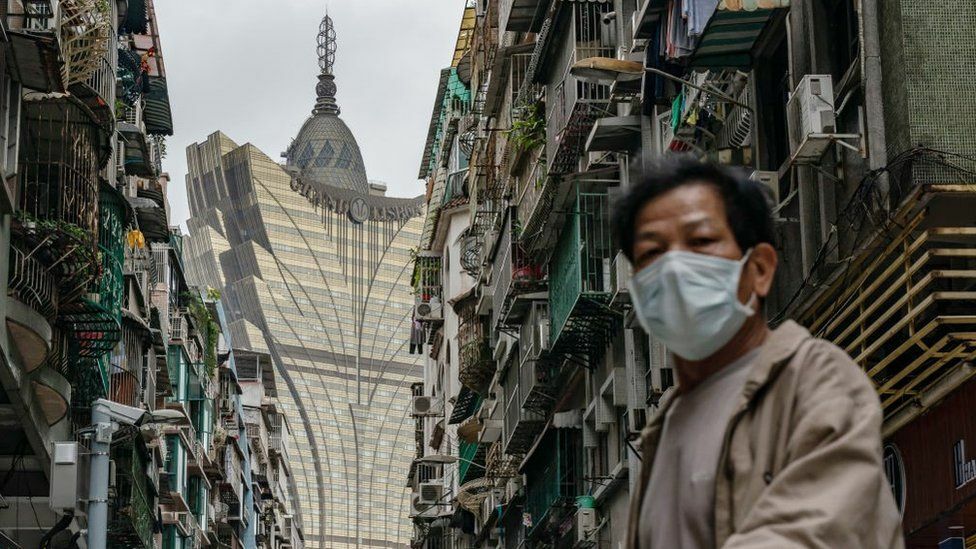Macau enforces new security law, widening punishments for opposition to Beijing

Macau has implemented a new national security law, increasing penalties for opposition to Beijing and placing a stronger focus on preventing foreign interference in the special administrative region. The legislation builds upon a law introduced in 2009, and the Macau government claims it aligns with legislation in Hong Kong, where Beijing has tightened control following political unrest.
The initial national security law outlined seven major crimes, including treason, subversion, theft of state secrets, and foreign collusion, with punishments of up to 25 years in prison. The offence of secession has now been expanded to encompass non-violent acts. Additionally, opposition to any central government department or Beijing’s ideology can be punished under the updated definition of subversion. Macau police have also been granted the power to target suspects beyond the city’s borders.
Critics argue that the new law significantly restricts liberties and rights in the territory. Jason Chao, former president of the pro-democratic New Macau Association, expressed his deep concern, stating, “Local journalists described the current situation as the ice age and unfortunately the ice age is going to get colder.”
Chao further explained to BBC World Service’s Newshour programme, “The most worrying point is that people would not know whether or not they were committing a crime if they tried to criticise the government. We have observed how the national security law in Hong Kong has been vaguely interpreted.” He also questioned whether Macau’s authorities or mainland China’s would pursue those considered to have violated the law.
Macau, a former Portuguese colony with a population of 682,000, consists of a small peninsula and two islands off China’s southern coast. It maintains a separate legal system from the Chinese mainland, and the city has capitalised on its long-standing reputation as a gambling centre, attracting numerous visitors from China and Hong Kong. Since Portugal handed over control in 1999, Macau’s legislature has predominantly approved Beijing’s directives.
Latest Thailand News
Follow The Thaiger on Google News:
























